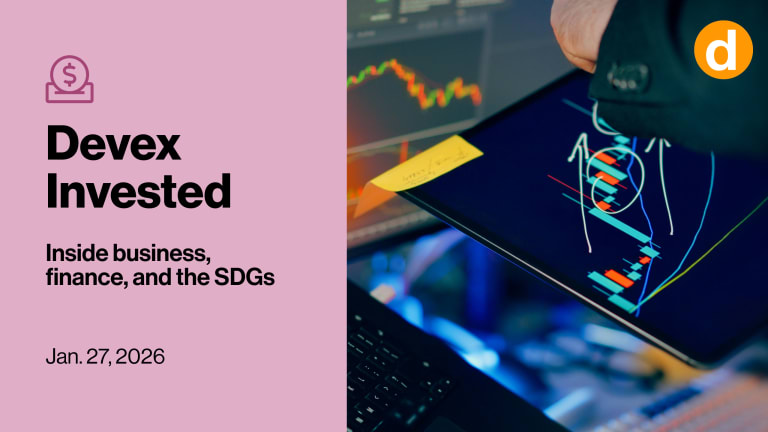PARIS — Development finance institutions need a “serious mindset shift” among their management and shareholders to make the most of the opportunities that impact investment and blended finance bring, the former chief executive officer of the French development agency, or AFD, said Monday.
Speaking at the Organization for Economic Co-operation and Development’s first annual Blended Finance Conference, Jean-Michel Severino, now General Inspector of Finances at the French ministry of finance, said that even as impact-driven private sector investment grows, DFIs will continue to play a crucial role in mitigating risk in the impact market to help attract and maintain that investment. But to make the most of this role, DFI shareholders must relax their grip on maintaining a high return on investment, and evolve their thinking in a few key ways, he said.
“For me what is quite challenging and surprising is that many of the DFIs rely not on equity but on grants to fund impact; it’s the case for many institutions,” he told 150 delegates from the public, private, and philanthropic sectors gathered for the conference at the OECD in Paris. “So I cannot understand the sheer meaning of a ‘return on investment’ when you have no cost of capital, it’s zero by definition. If you are even returning 1 cent, it’s an infinite return.”
This story is forDevex Promembers
Unlock this story now with a 15-day free trial of Devex Pro.
With a Devex Pro subscription you'll get access to deeper analysis and exclusive insights from our reporters and analysts.
Start my free trialRequest a group subscription







